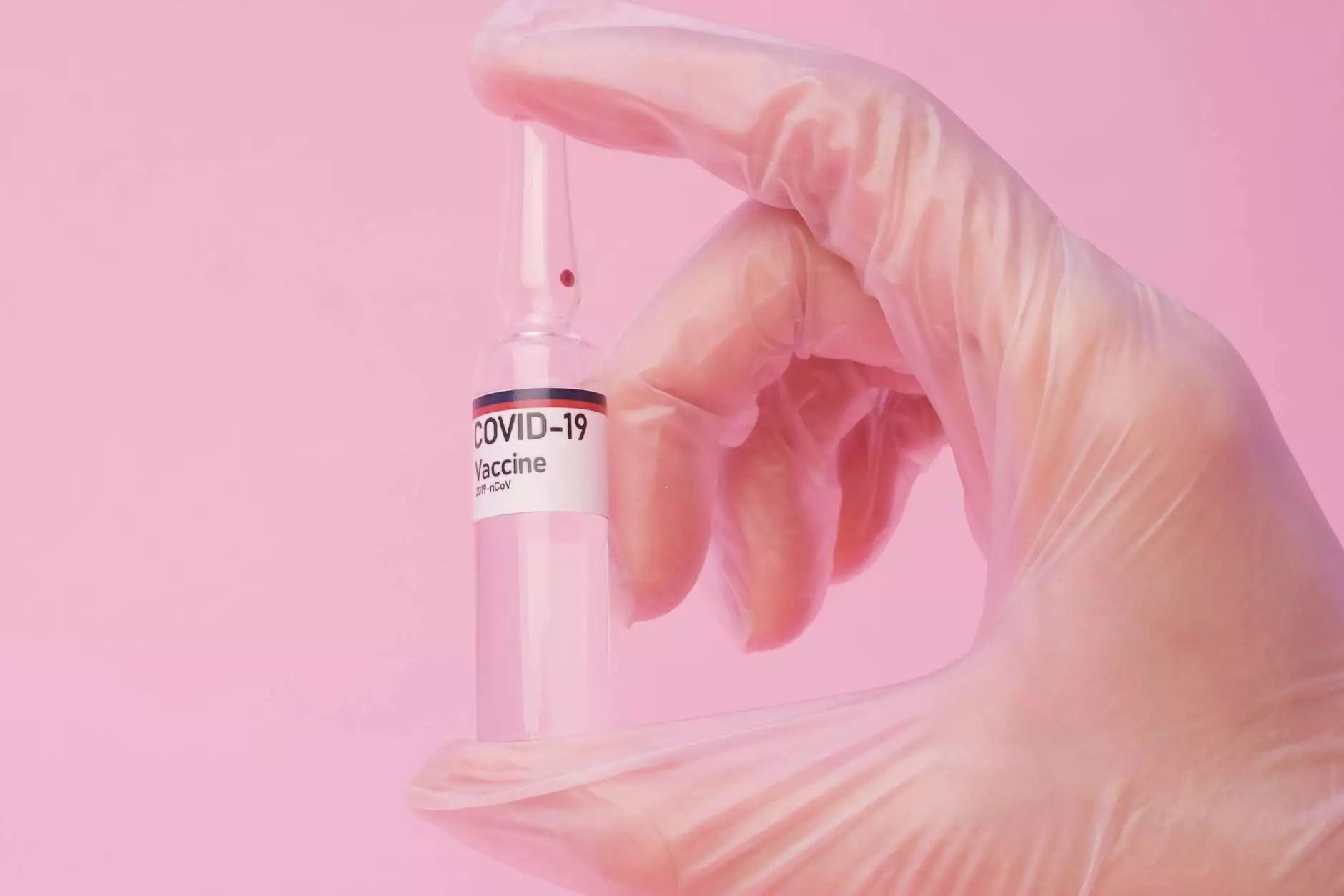The Importance of Safe Pharmaceutical Practices in Addiction Medicine

In today’s rapidly evolving healthcare landscape, the significance of safe pharmaceutical practices cannot be overstated, especially in the field of Addiction Medicine. With the growing use of medications such as Alprazolam (Xanax), it is crucial to understand both the benefits and the risks associated with their use. This comprehensive guide aims to delve deep into the realms of addiction treatment, pharmaceutical best practices, and the role of healthcare professionals in ensuring patient safety and effective recovery.
Understanding Addiction and the Role of Medications
Addiction is a complex condition, a brain disorder that is manifested by compulsive substance use despite harmful consequences. Patients often require a multi-faceted approach to treatment that encompasses psychological support, lifestyle changes, and, in some cases, medication-assisted treatment (MAT). Medications such as Alprazolam are often prescribed to manage anxiety disorders and provide relief from panic attacks, but they must be used judiciously to prevent misuse and dependency.
The Intersection of Pharmacy and Addiction Medicine
The intersection of Pharmacy and Addiction Medicine is an essential area of focus for healthcare providers involved in substance use disorder treatment. Pharmacists play a crucial role not only in dispensing medications but also in educating patients about the proper use of these drugs, potential side effects, and the importance of adhering to prescribed dosages.
Key Responsibilities of Pharmacists in Addiction Medicine
- Patient Education: Providing comprehensive information about medications, including Alprazolam, to ensure patients understand how to take them safely.
- Monitoring and Management: Keeping track of patient prescriptions to prevent issues such as substance misuse or abuse.
- Collaborating with Healthcare Providers: Working alongside doctors, nurses, and other healthcare professionals to develop effective treatment plans.
Addressing the Risks of Alprazolam
While medications like Alprazolam can be effective in managing symptoms of anxiety, they carry significant risks, particularly if misused. These risks include physical dependence, increased tolerance, and withdrawal symptoms—challenges that necessitate careful monitoring by both pharmacists and prescribing physicians.
Potential Side Effects of Alprazolam
Patients prescribed with Alprazolam should be aware of possible side effects, such as:
- Somnolence (sleepiness)
- Dizziness
- Memory impairment
- Physical dependence with prolonged use
Strategies for Safer Medication Use
To minimize risks associated with Alprazolam and other sedative medications, both healthcare professionals and patients should adopt safe practices:
1. Comprehensive Assessment and Monitoring
Before prescribing Alprazolam, healthcare providers should conduct a thorough assessment of the patient's medical history, existing conditions, and potential for substance misuse. This initial assessment should be complemented by regular follow-ups to monitor the patient's response to treatment.
2. Setting Clear Guidelines for Use
Healthcare providers should establish clear and personalized guidelines for the patient on how and when to take the medication, emphasizing the importance of adherence to prescribed dosages.
3. Educating Patients on Non-Pharmacological Options
Patients should be informed about non-drug interventions for anxiety and panic management, including cognitive behavioral therapy (CBT), mindfulness practices, and lifestyle modifications.
Promoting a Supportive Environment
Creating a supportive environment is vital for those undergoing treatment for addiction. Family members and friends can play an essential role in recovery by providing encouragement and understanding.
1. Engaging Family in the Treatment Process
Involving family members in the treatment process helps reinforce support systems and educates them about the challenges their loved ones face.
2. Community Support Groups
Support groups can provide an invaluable network of encouragement. Organizations such as Alcoholics Anonymous and Narcotics Anonymous offer structured environments where individuals can share experiences, learn from others, and promote sobriety.
The Future of Addiction Medicine and Pharmacology
As research continues to evolve, the future of addiction medicine will likely witness the development of new pharmacological tools that aim to reduce the risks associated with current treatments.
Integrating Technology in Treatment
Advancements in technology, such as telehealth services and digital monitoring tools, can enhance patient care. For instance, electronic prescription monitoring programs can help prevent prescription misuse by tracking patient medication history more efficiently.
Research and Innovation
Continuous research is essential for developing alternative medications that offer similar benefits to Alprazolam but with reduced potential for addiction. This innovation will be crucial in improving the safety and efficacy of treatment options available to patients.
Conclusion: Prioritizing Safety and Well-Being in Addiction Medicine
Ultimately, the goal of integrating pharmaceutical practices within addiction medicine is to prioritize the health and safety of patients seeking help for substance use disorders. By adhering to best practices, fostering a culture of support, and continually striving for innovative solutions, healthcare providers, pharmacists, and patients can work together to create a healthier, more informed approach to managing addiction.
For more information and resources related to prescription medications and addiction recovery, visit https://alprazolam-xanax.com.









